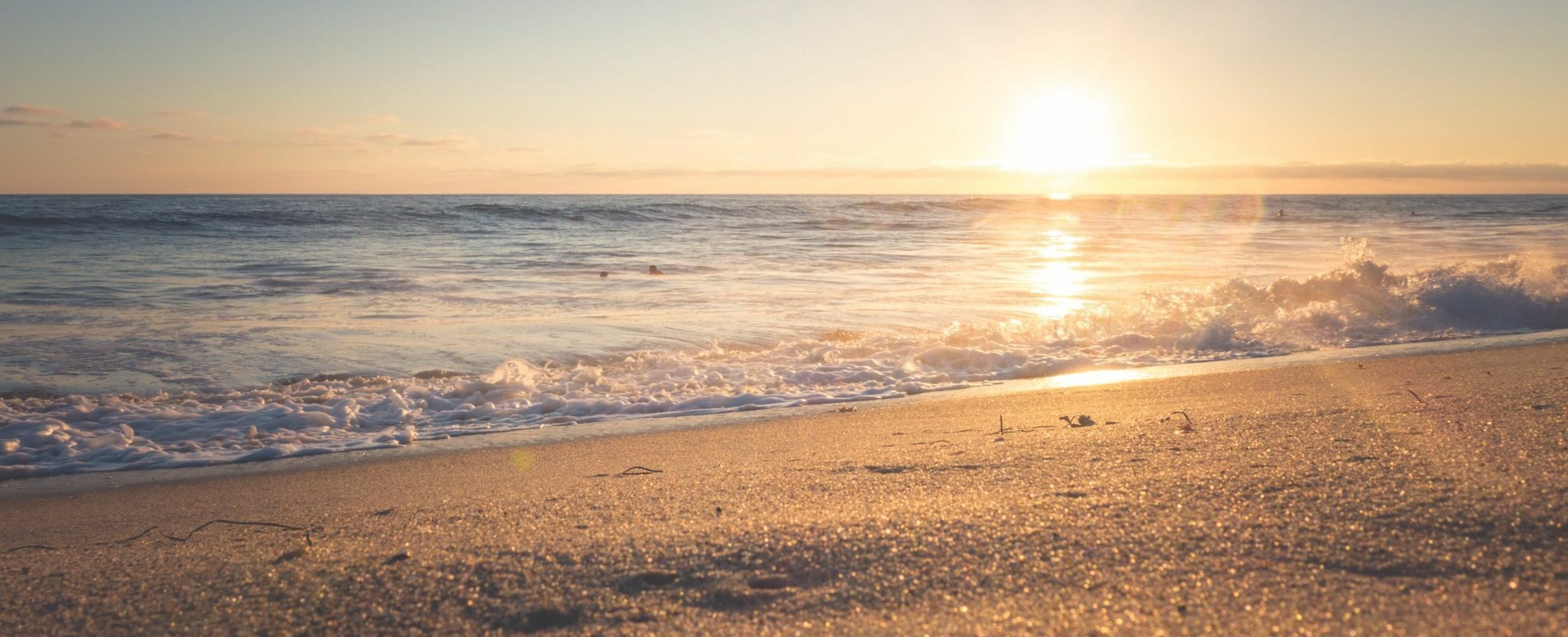Never before have we all had so much time to consider WHAT is important and WHO is important. How can we adapt to a ‘New Normal’ when each of us are dealing with different situations and associated worries from compulsory social distancing?
Last Monday was day one week one of home schooling and I felt in control. My two daughters were dressed by 830am with a schedule of set work from school. I had done a home work out with my eldest daughter, showered and ready to work from home.
Fast forward to Friday and I was chasing my youngest to get dressed at midday with her having been on FaceTime unsupervised for goodness knows how long. Meanwhile I was attempting to juggle work, muted on a Webex and struggling to be any help to my eldest daughter with her Maths Vectors.
One week down how many to go? Is the media true that potentially the worst is yet to come? I dropped my daughters to their dad for a week instead of our usual swop every few days. I am feeling increasingly isolated yet also grateful for the sense of community , my friends and for the NHS. I feel sad for people who are in a worst situation specifically in countries with less access to healthcare
The default way to cope with these emotions is increase food and alcohol consumption and aimless screen time perusing social media. None of these strategies make us feel better. There was a post circulated this week which explained the science of how we are feeling. I want to share this and support us all to make the right choices at this unprecedented time.
You are not alone if you have waves of anxiety, want to cry and have problems sleeping. We are being told to sit tight when we feel like we want to run from the threat that we cannot control and it is overwhelming.
The flight or fight response evolved as a survival mechanism to avoid danger. The part of the brain that processes emotions is the amygdala (the size and shape of an almond). When it picks up a distress signal it sends it to the command centre in our brain ( hypothalamus ) which commands essential involuntary functions.
The signals also produce hormones via the sympathetic nervous system such as adrenaline which increases our breathing rate and blood pressure.
As time passes the anxiety or stress has physical and psychological effects such as impact on sleep. It causes the release of cortisol so that the body stays on high alert. Cortisol increases our appetite and encourages energy to be stored as fat tissue. It has cognitive effects which make it harder to think, absorb information and make decisions.
So let us reframe this to what we CAN do. Relaxation techniques including deep abdominal breathing, visualisation or yoga will counter the stress response.
Restrict social media and schedule interactions instead which build resilience through social support and maintains a sense of normality. Laughter is the best medicine so connecting with friends through House party or Zoom can definitely help.
Replace physical contact with exercise more for the sense of mental control and wellbeing it brings and the chance also to connect with nature. Exercise also deepens your breathing and relieves muscle tension
Do something with your hands – mindful activity alternative to meditation which is not easy for everyone. If you are with your partner or children take the quality time to play games and interact that you have missed in your normal busy lives.
Most importantly be kind to yourself – take long baths, use the lotions and potions you dont usually have time to use especially hand cream. Enjoy the freedom to be bare faced no make up.
Take the chance to reflect on a ritual you can embed and take with you when normality resumes. Anything you miss flip it to think about what you are grateful for and write it down and put it in a jar. The gratitude jar will be useful when this is all over to remind us of what is important and what we are truly grateful for.
